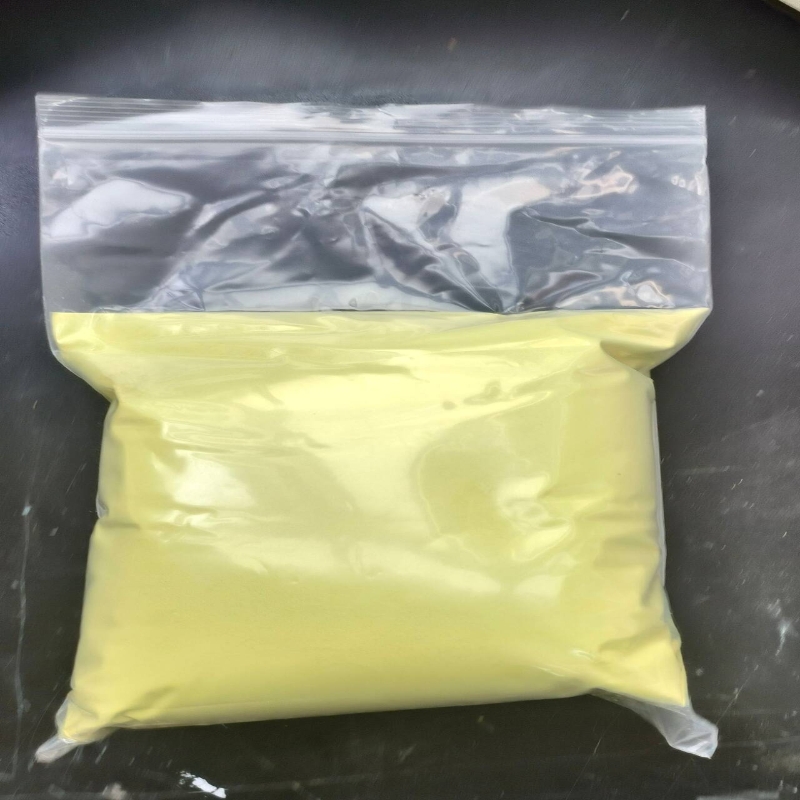-
Categories
-
Pharmaceutical Intermediates
-
Active Pharmaceutical Ingredients
-
Food Additives
- Industrial Coatings
- Agrochemicals
- Dyes and Pigments
- Surfactant
- Flavors and Fragrances
- Chemical Reagents
- Catalyst and Auxiliary
- Natural Products
- Inorganic Chemistry
-
Organic Chemistry
-
Biochemical Engineering
- Analytical Chemistry
- Cosmetic Ingredient
-
Pharmaceutical Intermediates
Promotion
ECHEMI Mall
Wholesale
Weekly Price
Exhibition
News
-
Trade Service
Passage Bio (NASDAQ: PASG), which specializes in the development of translational therapies for rare single-gene central nervous system diseases, announced on the 26th that the European Commission (EC) had awarded the company the title of PBGM01 orphan drug candidate for the pilot gene therapy for the treatment of GM1 neurodegenerate storing disorder (GM1).
PBGM01 is an adeno-related viral vector (AAV) gene delivery therapy used to treat GM1 in infants.
PBGM01 delivers the functional GLB1 gene encoded β-gal to the brain and surrounding tissues, reversing neuron toxicity by reducing the accumulation of GM1 neuroglycoside lipids, thereby protecting the nerve function of GM1 patients, improving development potential and patient survival time.
the drug had previously been awarded the title of "orphan drug" and "rare pediatric disease" by the FDA for the treatment of GM1.
GM1 is a hereditary lysosome disease caused by a lack of β-semi-lactose glycosidease, which is inherited by the recessive nature of the normal chromosome.
is caused by a mutation in the GLB1 gene, which encodes lysosome acid β-semi-lactose glycosidease (β-gal).
β-gal activity can lead to a build-up of toxic levels of GM1 nerve glycoside lipids in neurons throughout the brain, leading to the rapid development of neurodegenerative diseases. the incidence of
GM1 is not age-restricted, but in the form of infants the most serious, GM1 in infancy is about 62.5%, characterized by the onset of the disease within 6 months of birth, accompanied by decreased muscle dystia, sexual central nervous system dysfunction and rapid development degradation.
life expectancy for GM1 infants is 2 to 4 years, with about 0.5 to 1 per 100,000 live births.
there is currently no approved treatment to change the progressity of the disease.
Passage Bio is expected to conduct an open, dose-climbing Phase I/II clinical dosing trial of PBGM01 in GM1 pediatric subjects from late 2020 to early 2021, and is expected to obtain preliminary safety and biomarker data for 30 days in the first half of 2021.
The EU's orphan drug designation is an important milestone for Pasage Bio's PBGM01, which will push researchers to make further efforts to provide this much-needed treatment to waiting patients, promote the early launch of the drug, and alleviate patient suffering.
source: 1. Baidu Encyclopide: GM1 neurosynotide storage disorder 2.Passage Bio's PBGM01 Receives Orphan Drug Designation from EMA for Treatment of GM1 Gangliosidosis Original title: Gene therapy PBGM01 was identified by EMA orphan drug for the treatment of GM1 neurostorm lipid storage




![2-(Hydroxymethyl)benzo[b]thiophene](https://file.echemi.com/fileManage/upload/cas/593/e79a972f-b55d-4dc1-9113-841c417e0a89.png)


